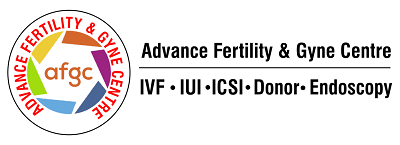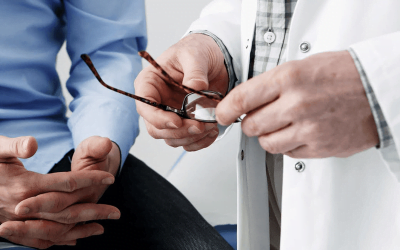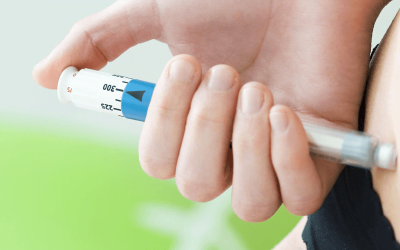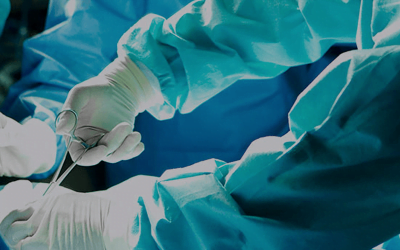Vitamins & Adjuvants

- Vitamin C: This antioxidant helps reduce oxidative stress and may improve sperm quality in men. It is also beneficial for women’s fertility as it supports the health of the reproductive organs.
- Vitamin E: Another antioxidant that protects cells from oxidative damage, vitamin E may enhance sperm motility and improve overall fertility.
- Vitamin D: Adequate levels of vitamin D are essential for reproductive health in both men and women. It plays a role in hormone regulation and can improve fertility outcomes.
- B vitamins: Various B vitamins, such as folate (B9), B12, and B6, are important for reproductive health. They help regulate hormone function and promote healthy egg and sperm development.
- Coenzyme Q10 (CoQ10) *: This antioxidant is involved in energy production within cells and may improve both egg and sperm quality. CoQ10 levels decline with age, so supplementation might be beneficial for older individuals. Known as Ubiquinone (antioxidant) It is involved in electron transport in mitochondrial respiratory chain and oxidative phosphorylation to produce ATP. It restores oocyte mitochondrial function and fertility during reproductive ageing. Dose – 300 to 600 mg /day.
- Carnitine:
- Sperm development and maturation: Carnitine is involved in the process of spermatogenesis (sperm production) and the maturation of sperm cells. It helps in maintaining the structural integrity of the spermatozoa, promotes sperm motility, and ensures the normal functioning of the sperm mitochondria.
- Sperm energy metabolism: As mentioned earlier, carnitine facilitates the transport of fatty acids into the mitochondria, where they are metabolized to produce energy. Sperm motility and overall function depend on an adequate supply of energy, and carnitine contributes to this energy production process.
- Antioxidant effects: Carnitine exhibits antioxidant properties and helps protect sperm cells from oxidative stress. Oxidative stress, caused by an imbalance between reactive oxygen species (ROS) and antioxidants, can lead to sperm damage, reduced sperm quality, and infertility. Carnitine’s antioxidant action helps in reducing oxidative stress and preserving sperm health.
- Zinc: An essential mineral, zinc is crucial for reproductive health. It is involved in hormone regulation, DNA synthesis, and sperm production. Zinc supplementation may enhance fertility in both men and women.
- Selenium: This trace mineral acts as an antioxidant and supports sperm function and quality. Adequate selenium levels are important for male fertility.
- Omega-3 fatty acids *: Found in fish oil and certain plant sources, omega-3 fatty acids have anti-inflammatory properties and may improve fertility by supporting hormone production and reducing oxidative stress.
- Dehydroepiandrosterone (DHEA) Dose *: 75 mg/day for 3 months.
- Testosterone gel *:
- Increase in intrafollicular androgen
- Increases the number of FSH receptors on granulosa cells
- Improved growth of follicles
- Better response to gonadotropins
- Dose – 1 gm of 1% Testosterone gel on external side of thigh for 6 to 8 weeks
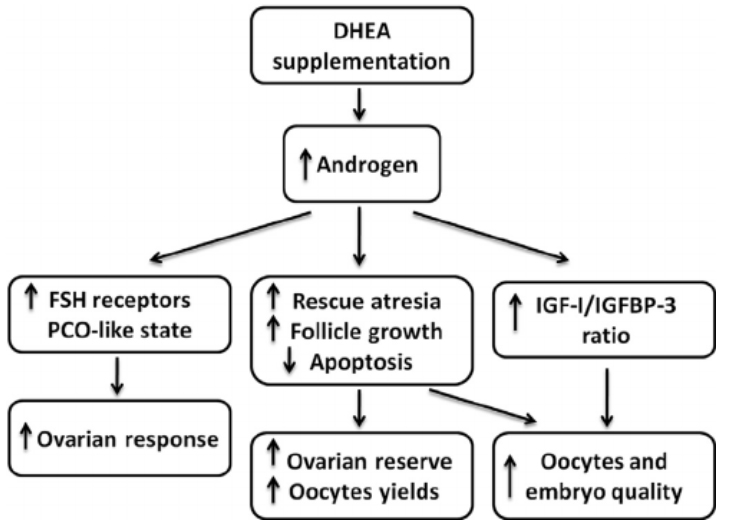
Though all Vitamins and Adjuvants are beneficial , the ones marked star are more effective.
